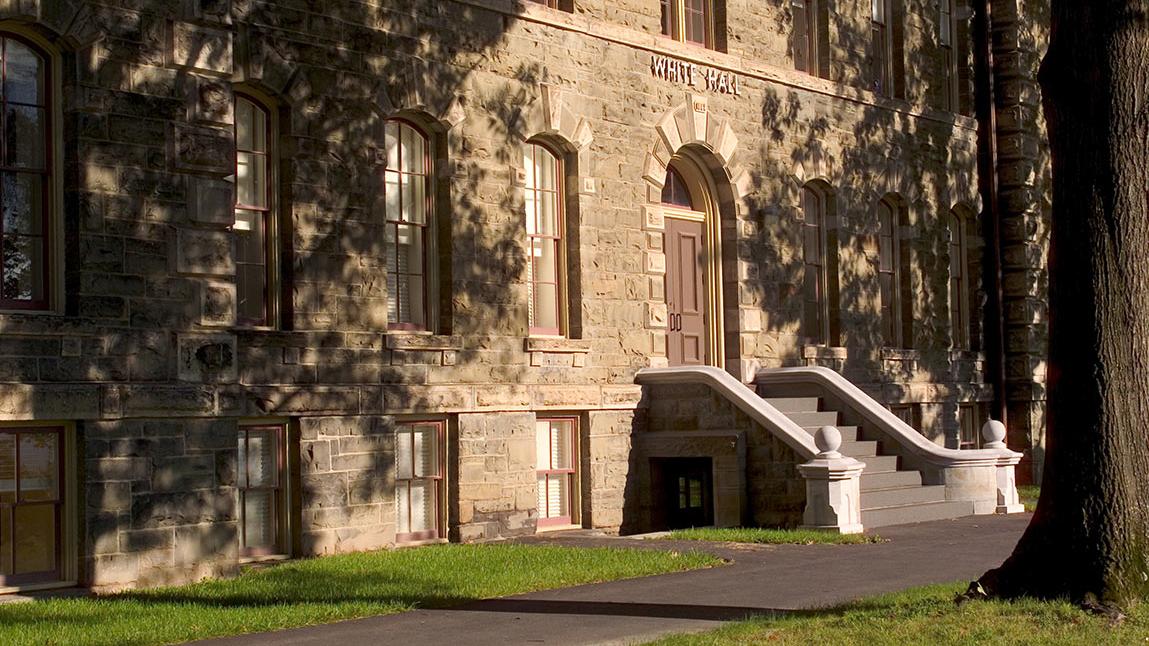In its coverage of the full sweep of Near Eastern/Middle Eastern literature and history, its interdisciplinary and comparative research, and its commitment to the undergraduate experience, the department is unique among its peers.
Related Pages
The department was founded by Isaac Rabinowitz, a professor of Biblical literature and an authority on the Dead Sea Scrolls, in 1965 as the Department of Semitic Languages and Literatures (now Near Eastern Studies). The department has grown enormously in recent decades, thanks to institutional and alumni support.
The department offers undergraduates and graduate students the opportunity to study the languages, literatures, cultures, religions and Near Eastern history from ancient Sumer to the modern Middle East; and educates students and the wider academic community in cross-cultural, trans-historical and inter-religious understanding.
The Near East is an older term for the Middle East. As defined by the department, the “Near East” extends from Morocco (and medieval Spain), through Egypt, the Levant (Israel and Palestine, Syria, Lebanon, and Jordan), Turkey, Southwest Asia and North Africa (SWANA).
The department is located in White Hall on Cornell's Ithaca campus. Originally known as North University until 1883 when it was renamed, White Hall was constructed in 1867 and in style, external finish, and appearance is a duplicate of Morrill Hall. White Hall, located on the Arts Quadrangle and part of "Stone Row" (Morrill, McGraw and White Hall), was the second structure to be built on campus and is constructed of Ithaca stone. The interior of White Hall was renovated in 2003, while the exterior remains the same as when it was originally constructed.
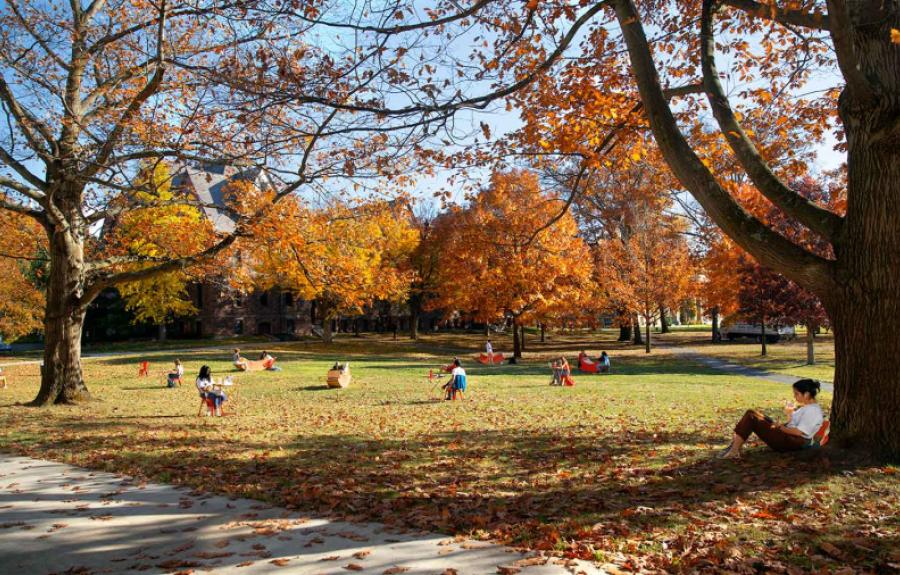
Give to the department
Your support enables the department to enhance the experience for undergraduate and graduate students and contribute to faculty excellence. Gifts can help fund lectures and conferences, faculty and student research, distinguished speakers, and other department priorities. We will greatly appreciate and immediately put into use any gift, no matter the amount.
We place gifts made to this fund into an endowment account where they are invested in perpetuity. Income from the endowment is provided each year to the department for priorities.
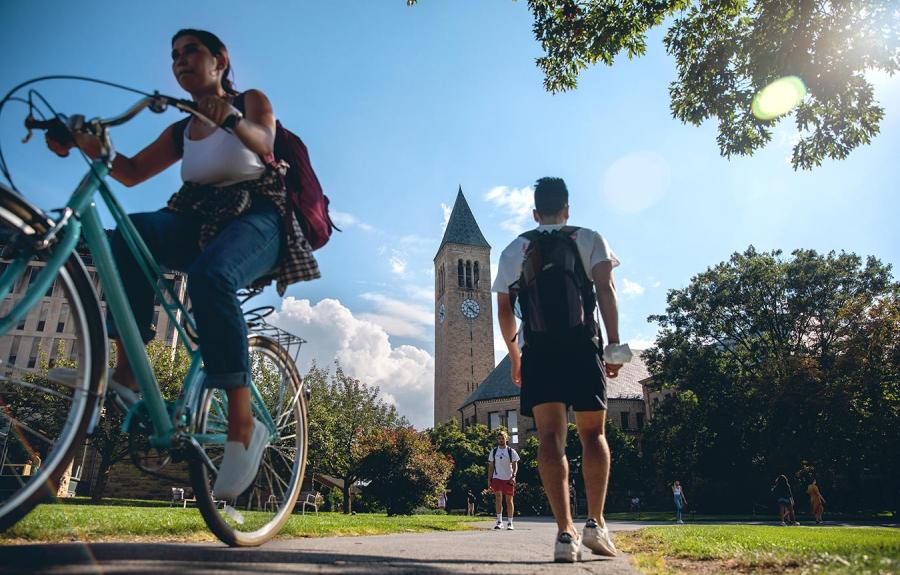
Affiliated programs at Cornell
We are connected through joint faculty members, cross-listed courses and collaborative events and projects to programs and departments across the college like: archaeology (CIAMS), classics, history, history of art & visual studies, Jewish studies, medieval studies, music, performing & media arts, and religious studies.
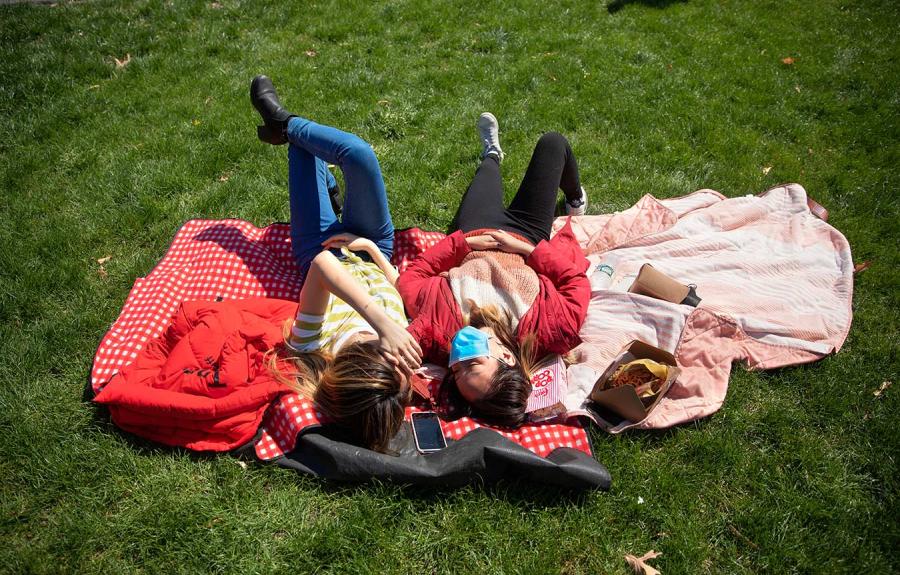
Student Organizations
Cornell has a wonderfully varied number of student organizations, many of which relate to the Near/Middle East like the Arab Student Association, Persian Students Organization, or Armenian Student Organization.
See all student groups on campus.
Cornell registered student organizations looking for department support for academic events should fill out a co-sponsorship request form.
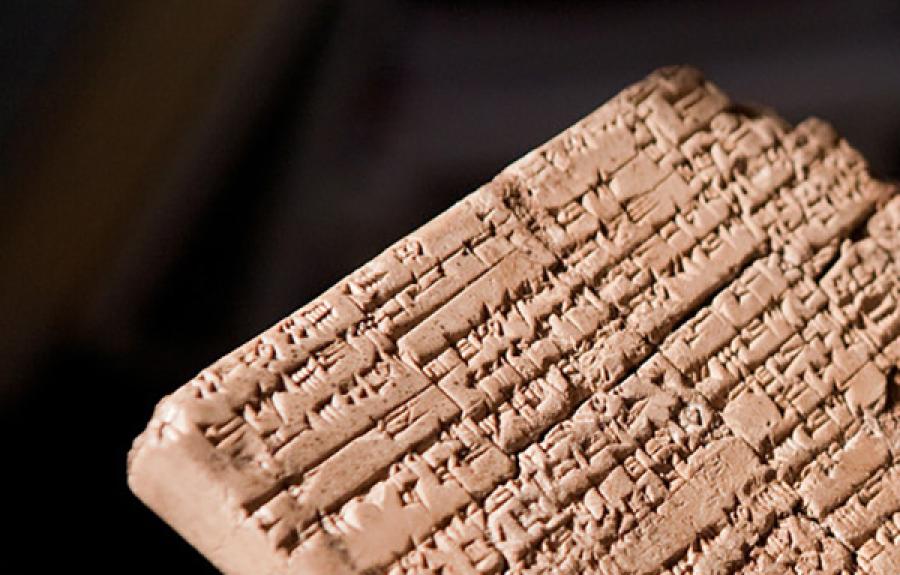
Faculty statement on cuneiform tablet repatriation:
In July 2021, Cornell officials worked with the Ambassador from the Republic of Iraq to transfer a collection of over 5,000 cuneiform tablets back to their country of origin. These tablets were the subject of conservation and research at Cornell since 1999. The faculty in the Department of Near Eastern Studies welcome this decision, as we stand against the illicit trafficking of cultural property and support the return of cultural artifacts to their home countries.

